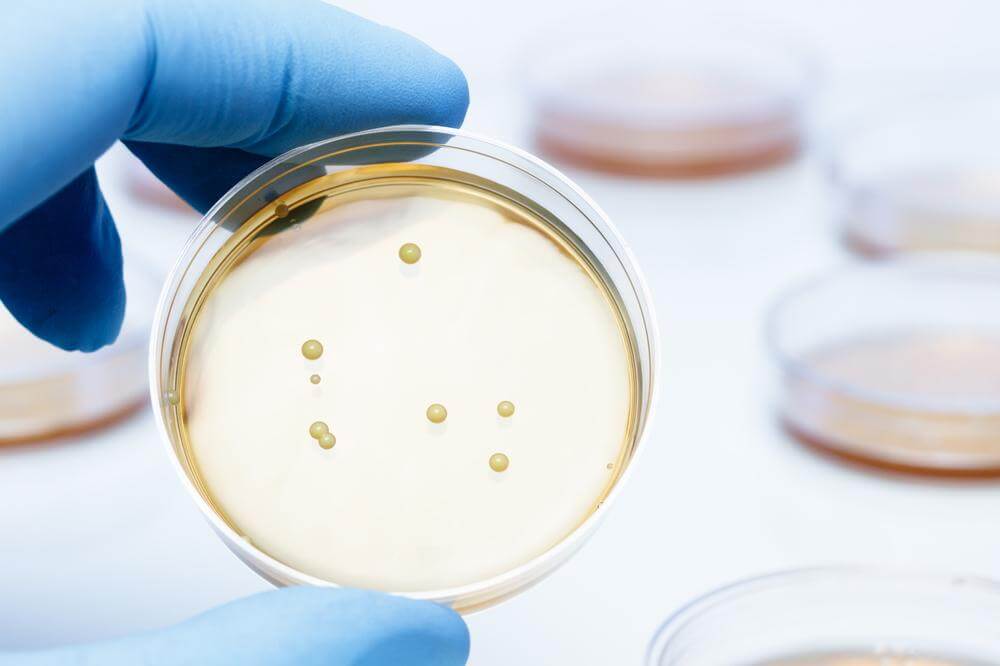
Frequently Asked Questions: Probiotics Manufactured for the Dietary Supplement Industry
Probiotics are becoming more and more popular among consumers seeking to maximize health and wellness. Adding probiotics to your product line can significantly boost its marketability to your customer base.
What are Probiotics?
Probiotics are microorganisms that live within the human digestive tract, also known as “healthy bacteria.” These bacteria provide a variety of health and wellness benefits, such as better immunity, improved nutrient absorption, and better digestion. Because of probiotics’ beneficial effects on health, these helpful bacteria are showing up in fortified and fermented foods everywhere – and in a wide variety of dietary supplements.
What are Prebiotics?
People sometimes confuse prebiotics with probiotics, but the two are in fact entirely different. Prebiotics are dietary substances that act as food and nutrition for probiotics, helping good bacteria grow, flourish and stay active. The most common of these is fructooligosaccharide (FOS). As with probiotics, prebiotics are available in supplement form. Synbiotics are products containing both prebiotics and probiotics.
How are Probiotics Made?
Probiotic manufacturers carefully select strains of probiotics bacteria before the production process begins. Cultures (strain-specific nutrients for bacteria) are then chosen, and bacteria begin growing and multiplying in sterile conditions. Probiotics are then packaged to maximize bacteria survival – and prevent extreme heat, oxygen and moisture from penetrating.
Do all Probiotics Require Refrigeration?
Spore forming probiotic bacteria, such as Bacillus coagulans and Bacillus subtilis, are innately shelf-stable and don’t require refrigeration while in spore form. The spore protects bacteria from warmer temperatures without the need for freeze drying during the probiotics manufacturing process. A type of probiotic yeast, called Saccharomyces boulardii, also survives well at room temperature.
What are Health Benefits of Probiotics and Prebiotics?
Research is ongoing to determine all of the health benefits probiotics have to offer. To date, the National Center for Complementary and Alternative Health suggests probiotics may help alleviate symptoms of digestive disorders (especially diarrhea and irritable bowel syndrome), as well as some allergic disorders (eczema, for example) and helps to modulate immune function. Probiotics are known to help boost immunity, and many consumers take these supplements as a way to protect against getting sick. Probiotics are commonly used after a course of antibiotics to help restore the balance of intestinal microflora. Different strains of probiotics are responsible for unique health and wellness benefits, and research is ongoing to determine which strains work best as a way to improve symptoms of each health condition. Because prebiotics promote increased probiotics growth, adding prebiotics plus probiotics to products enhances the many health benefits probiotics have to offer.
Why Does Adding Probiotics and Prebiotics to Products Enhance Marketability?
Adding probiotics, prebiotics or both to product lines can significantly enhance your product’s marketability, as these good bacteria are in high demand. Probiotics and prebiotics supplements are the third most commonly used natural products by adults and children in the U.S. The number of consumers seeking probiotics and prebiotics in products continues to grow, as more and more people recognize the health and wellness benefits of doing so.
Which Probiotics Dosage is Best?
There aren’t established guidelines when it comes to ingesting probiotics supplements or adding probiotics to product lines. However, Consumerlab.com suggests one serving should include at least 1 billion colony forming units (CFUs) – up to 10 billion CFUs – to maximize health and wellness benefits, and that’s what many consumers look for.
Are Probiotics Supplements Safe?
For most people there are no health risks associated with taking probiotics, as these bacteria are naturally found in the human gut. The National Institutes of Health (NIH) says probiotics are safe for healthy people, with few (if any) side effects reported.
How Can I Find High-Quality Probiotics?
With so many probiotics manufacturers and products available to choose from, it can be difficult to determine which one is the best fit for your product line. Choose probiotics that are third-party tested for strength, quality and purity. If you’re marketing to consumers following plant-based diets, use probiotics manufacturers who abide by vegetarian/vegan guidelines. Lastly for convenience, pick shelf-stable probiotics that don’t require refrigeration.
- These statements have not been evaluated by the Food and Drug Administration. This product is not intended to diagnose, treat, cure, or prevent any disease.




